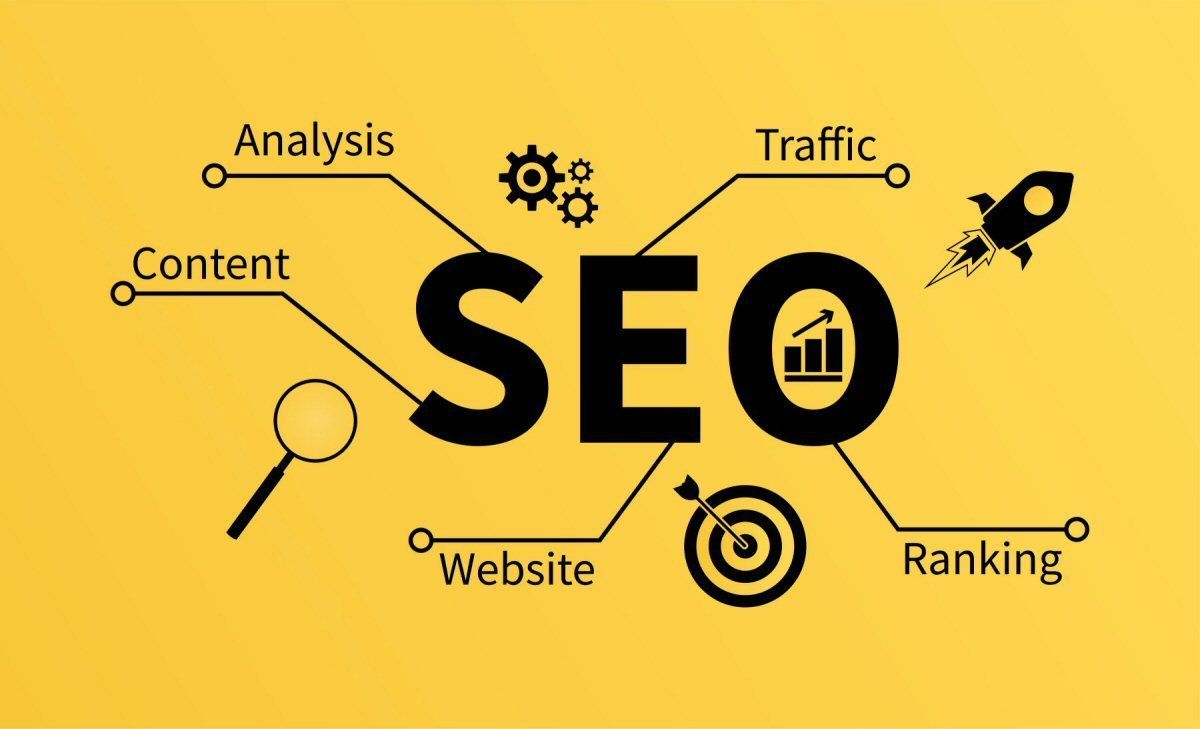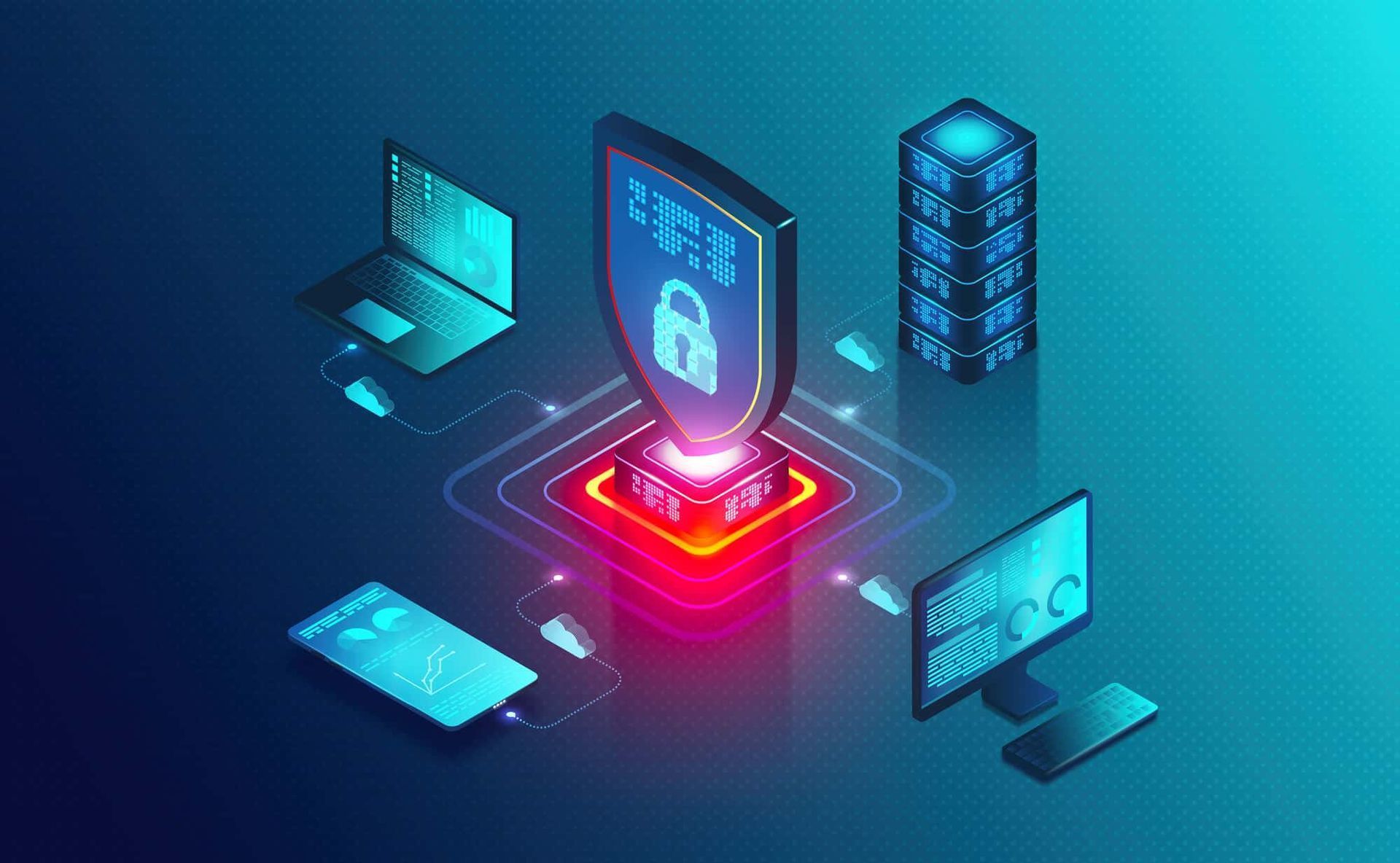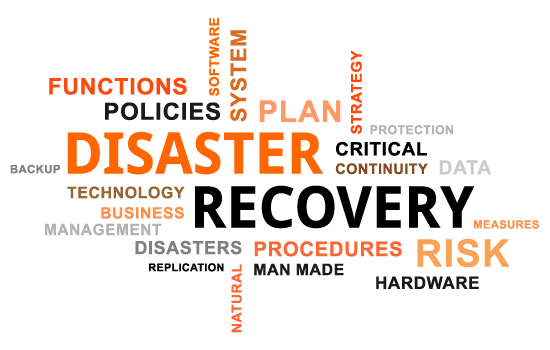What Is Office 365 GCC High and Why Might Your Business Need It?

Organizations increasingly rely on cloud-based solutions to improve operations and productivity. However, businesses managing sensitive data, including Controlled Unclassified Information (CUI), Federal Contract Information (FCI), or ITAR-regulated data, often find that standard commercial cloud platforms lack the necessary security and compliance. Microsoft Office 365 GCC High provides a purpose-built solution to address these challenges.
GCC High is a purpose-built cloud environment designed to meet the strict compliance and security requirements of government contractors, federal agencies, and other regulated industries. This article covers everything you need to know about Office 365 GCC High, including its features, eligibility requirements, benefits, migration process, and how it compares to commercial Office 365 tenants.
What Is Microsoft Office 365 GCC High?
Office 365 GCC High is part of Microsoft's Government Community Cloud (GCC) offerings. It is a specialized cloud platform designed to meet the stringent regulatory and compliance needs of organizations that handle highly sensitive data. GCC High operates within a separate and isolated infrastructure to ensure it adheres to the highest security standards required by the U.S. government.
Key Compliance Standards Supported by GCC High
Office 365 GCC High complies with a range of federal and industry regulations, including:
- Federal Risk and Authorization Management Program (FedRAMP) High: Ensures cloud security standards for U.S. government data.
- Defense Federal Acquisition Regulation Supplement (DFARS): Required for Department of Defense (DoD) contractors handling CUI.
- International Traffic in Arms Regulations (ITAR): Governs the control of defense-related data and services.
- Criminal Justice Information Services (CJIS): Ensures data security for criminal justice organizations.
- Cybersecurity Maturity Model Certification (CMMC): A DoD initiative requiring compliance for contractors at specific certification levels.
These frameworks make GCC High indispensable for government contractors and agencies managing highly sensitive data.
Who Needs Office 365 GCC High?
Not every organization needs GCC High, but it is a necessity for:
Government Contractors
Organizations working with the Department of Defense (DoD) or other federal agencies must often handle CUI and FCI. GCC High ensures that these data types are protected in compliance with DFARS, ITAR, and CMMC requirements.
Federal Agencies
Agencies that require adherence to FedRAMP High or ITAR standards benefit from GCC High’s secure infrastructure and access controls.
State and Local Governments
State and municipal organizations that manage sensitive data, such as law enforcement agencies requiring CJIS compliance, are also eligible for GCC High.
Defense Industrial Base (DIB) Suppliers
Suppliers in the DoD ecosystem must meet rigorous cybersecurity standards to maintain contracts, often necessitating GCC High adoption.
If your organization falls into any of these categories, migrating to GCC High is likely critical for maintaining compliance and safeguarding data.
What Are the Eligibility Requirements for GCC High?
Accessing GCC High requires meeting specific criteria established by Microsoft. To qualify, an organization must:
- Provide Justification: Demonstrate the need for GCC High, such as compliance requirements tied to contracts or regulated data handling.
- Submit Documentation: Provide contracts, legal agreements, or other proof showing the need to comply with standards like ITAR or DFARS.
- Undergo a Verification Process: Microsoft performs a thorough vetting process to ensure only eligible organizations gain access to GCC High.
Failure to meet these requirements will result in ineligibility for GCC High, reinforcing the exclusivity of this environment for regulated industries.
How Is GCC High Different From Commercial Office 365 Tenants?
While GCC High shares many core features with standard Office 365 tenants, it stands apart in several critical areas, particularly security, compliance, and functionality.
- Compliance Certifications: GCC High supports rigorous compliance frameworks, including FedRAMP High, DFARS, ITAR, and CJIS, making it suitable for organizations managing sensitive or regulated data. Commercial Office 365 typically adheres to FedRAMP Moderate but lacks the advanced certifications required by government contractors and agencies.
- Data Residency: Unlike commercial Office 365, where data may reside globally, GCC High ensures that all data is stored and processed exclusively within the United States by U.S. citizens who have undergone background checks.
- Access Controls: GCC High implements strict access restrictions, allowing only screened U.S. personnel to manage or access data, enhancing security for regulated industries. Commercial Office 365 offers standard access controls without these additional safeguards.
- Third-Party Integrations: GCC High limits integrations to Microsoft-vetted vendors to maintain compliance, while commercial Office 365 offers broader integration options.
- Tenant Isolation: In GCC High, tenants are segregated within a U.S.-based infrastructure to prevent co-mingling with commercial environments. In contrast, commercial Office 365 tenants share a global cloud infrastructure.
- Pricing: Due to its compliance and security features, GCC High typically incurs higher costs compared to commercial Office 365.
Enhanced Security Features in GCC High
Organizations using GCC High benefit from several enhanced security measures:
- Data Encryption: Data is encrypted both at rest and in transit, ensuring protection against unauthorized access.
- Access Restrictions: Only U.S. persons who pass Microsoft background checks are permitted to access GCC High systems.
- Geo-Fencing: All data is stored and processed within U.S. facilities, reducing exposure to international threats.
These capabilities make GCC High an essential choice for organizations that prioritize heightened security and strict compliance.
Why Migrate to GCC High?
Migrating to GCC High is not only about meeting compliance requirements; it also brings significant operational benefits.
Ensure Regulatory Compliance
Meeting standards like DFARS, FedRAMP High, and ITAR is critical for organizations handling CUI and FCI. GCC High provides the tools and infrastructure to achieve compliance without compromising productivity.
Protect Sensitive Data
In today’s cyber threat landscape, protecting sensitive data is non-negotiable. GCC High’s enhanced security controls mitigate risks and reduce exposure to cyberattacks.
Support CMMC Certification
As the Department of Defense enforces CMMC, migrating to GCC High helps contractors meet the cybersecurity requirements necessary for certification.
Enable Secure Collaboration
GCC High enables organizations to securely collaborate with government agencies and other contractors while maintaining compliance with strict data governance standards.
Partner With Second Line Technology for Your Office 365 GCC High Needs
At Second Line Technology, we specialize in migrating organizations to and from Office 365 environments, including GCC High. Our Professional Services team ensures a seamless transition while minimizing downtime and compliance risks. Beyond migration, our Managed IT Services deliver ongoing management, security, and support for your GCC High environment, ensuring it remains compliant and operational. We also provide full backups of your entire Office 365 tenant, offering peace of mind and protection against data loss. Contact us today to learn how we can help your organization successfully adopt GCC High and unlock the benefits of a secure, compliant cloud environment.
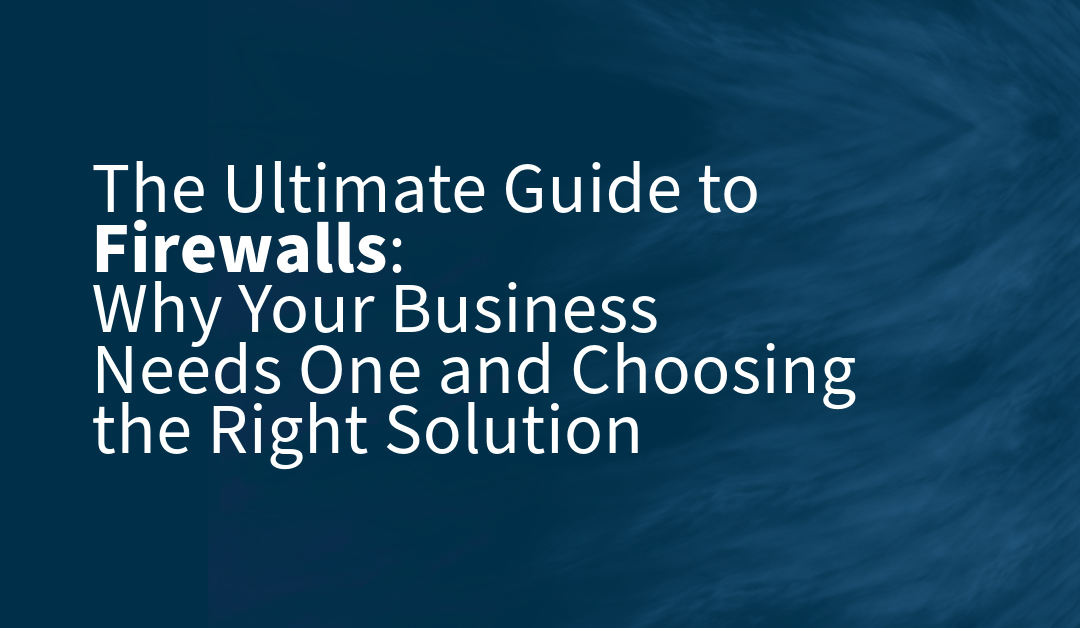
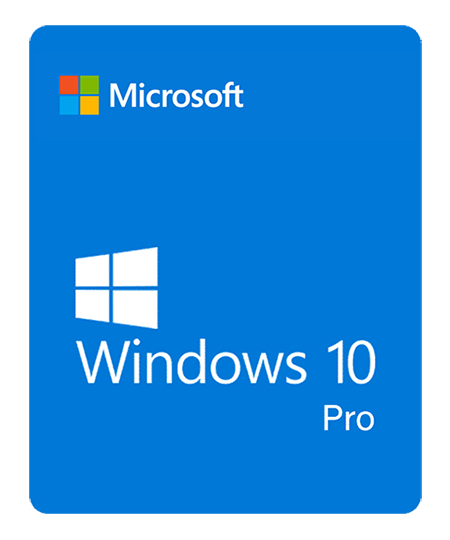


© 2025 All Rights Reserved | Second Line Technology


